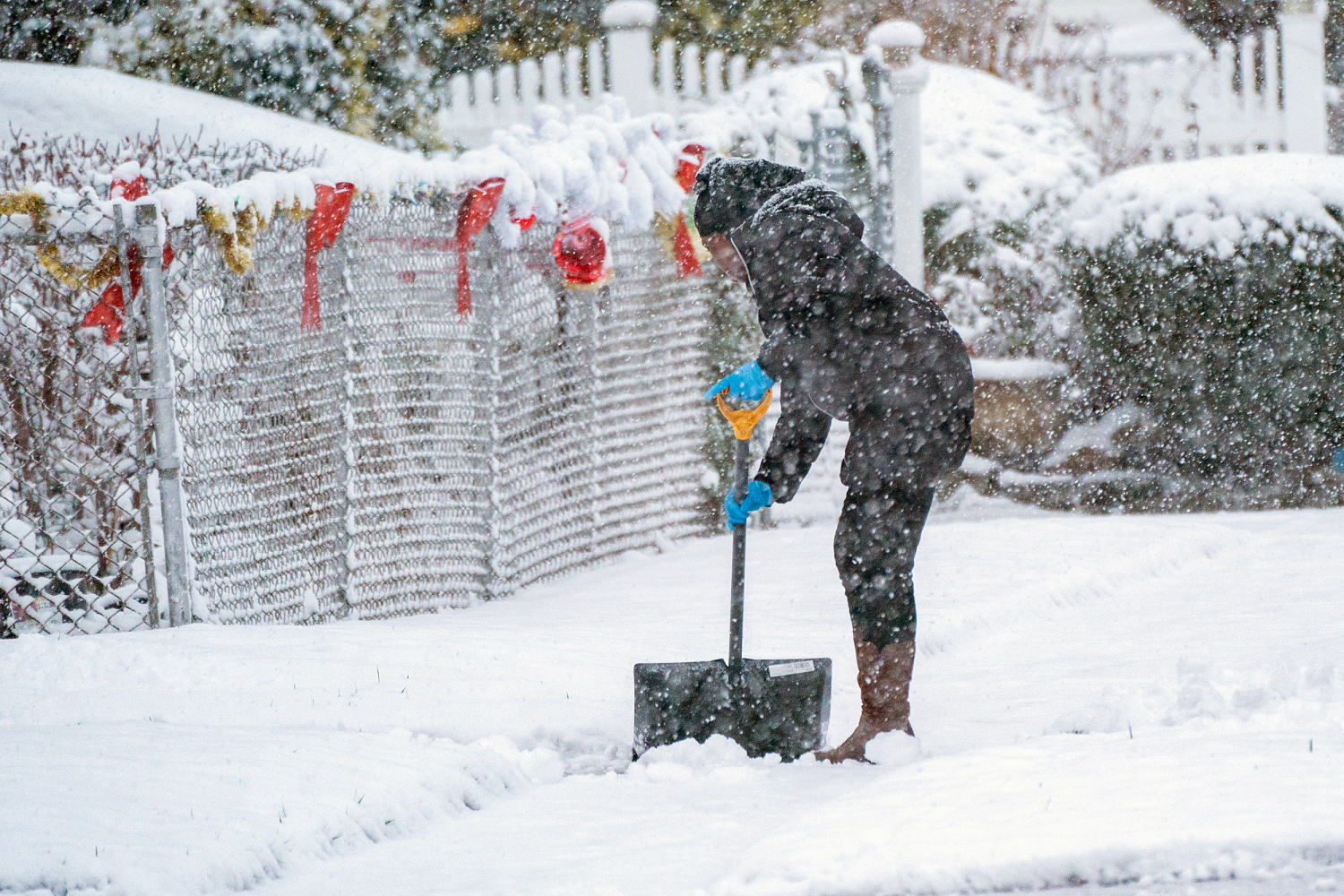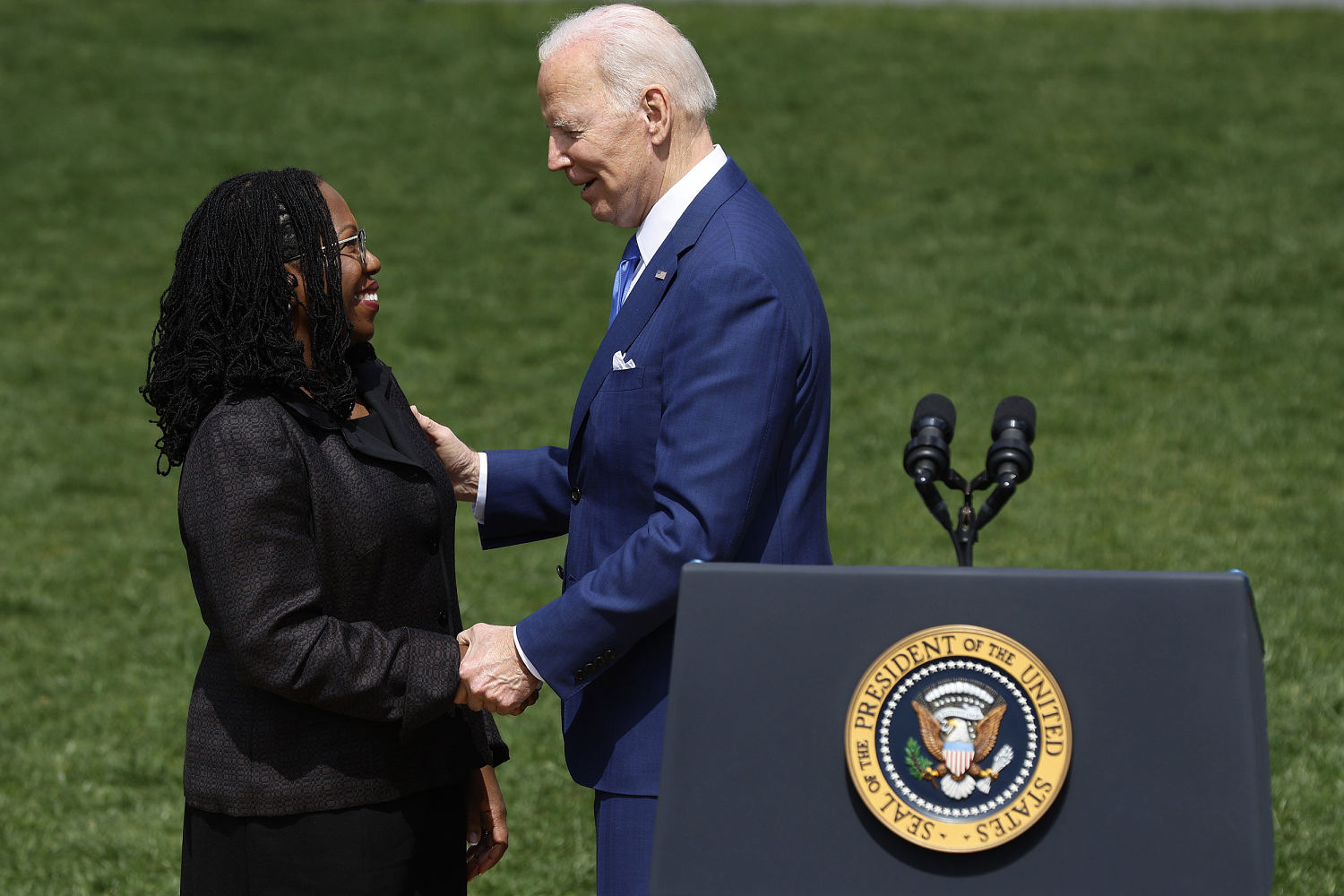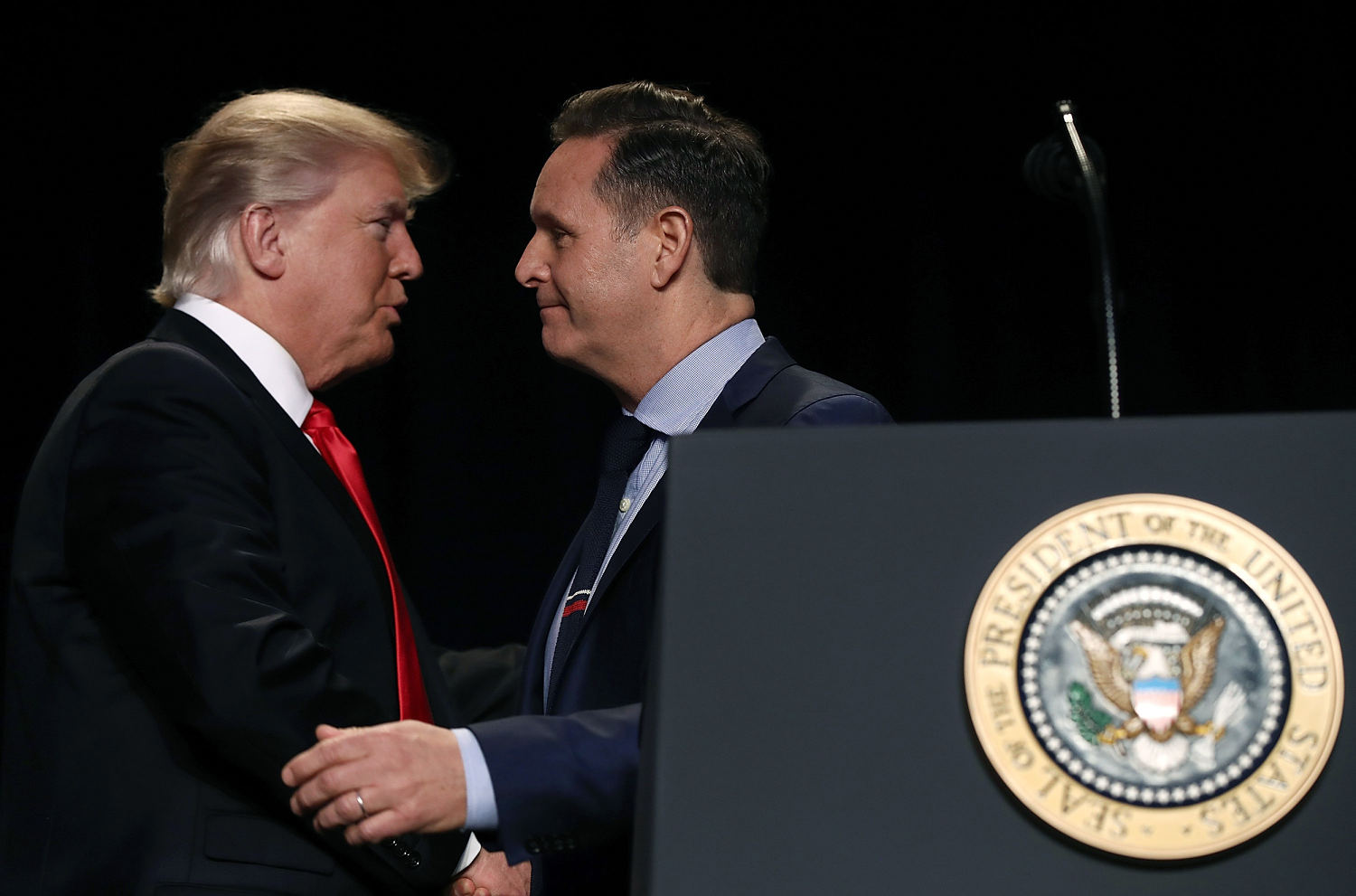WASHINGTON — President Joe Biden signed a government funding bill on Saturday, formally averting a shutdown crisis after Congress passed the bill.
The package funds the government at current levels through March 14 and includes $100 billion in disaster aid and a one-year farm bill. It did not include a debt limit extension demanded by President-elect Donald Trump.
"This agreement represents a compromise, which means neither side got everything it wanted," Biden said in a statement. "But it rejects the accelerated pathway to a tax cut for billionaires that Republicans sought, and it ensures the government can continue to operate at full capacity."
"That’s good news for the American people, especially as families gather to celebrate this holiday season," he added.
The Senate passed the funding bill overnight on Saturday, shortly after the House passed the bill. The Senate vote was 85-11, and the House vote was 366-34.
On Friday, White House press secretary Karine Jean-Pierre said Biden supported the legislation that ultimately passed Congress.
“While it does not include everything we sought, it includes disaster relief that the President requested for the communities recovering from the storm, eliminates the accelerated pathway to a tax cut for billionaires, and would ensure that the government can continue to operate at full capacity,” Jean-Pierre said in Friday’s statement.
The bill’s signing caps off a chaotic few days that began when Trump and his ally Elon Musk publicly opposed the initial bipartisan deal, effectively killing it.
As the two men vocally opposed the deal, Republicans in Congress swiftly echoed their criticism.
Trump, however, also urged Republicans to extend or abolish the debt ceiling, a request that did not make it into the final bill.
Earlier this week, Trump threatened primaries for Republicans who defied his push to extend the debt limit. Republicans, however, still overwhelmingly supported the final bill.
After the initial bipartisan deal fell apart, the House failed to pass a new funding bill on Thursday, when a vast majority of Democrats and a few dozen Republicans voted it down.
Jean-Pierre on Thursday accused Republicans of “doing the bidding of their billionaire benefactors at the expense of hardworking Americans,” slamming the party for derailing the initial bipartisan agreement.

 23 hours ago
3
23 hours ago
3

































 Bengali (BD) ·
Bengali (BD) ·  English (US) ·
English (US) ·